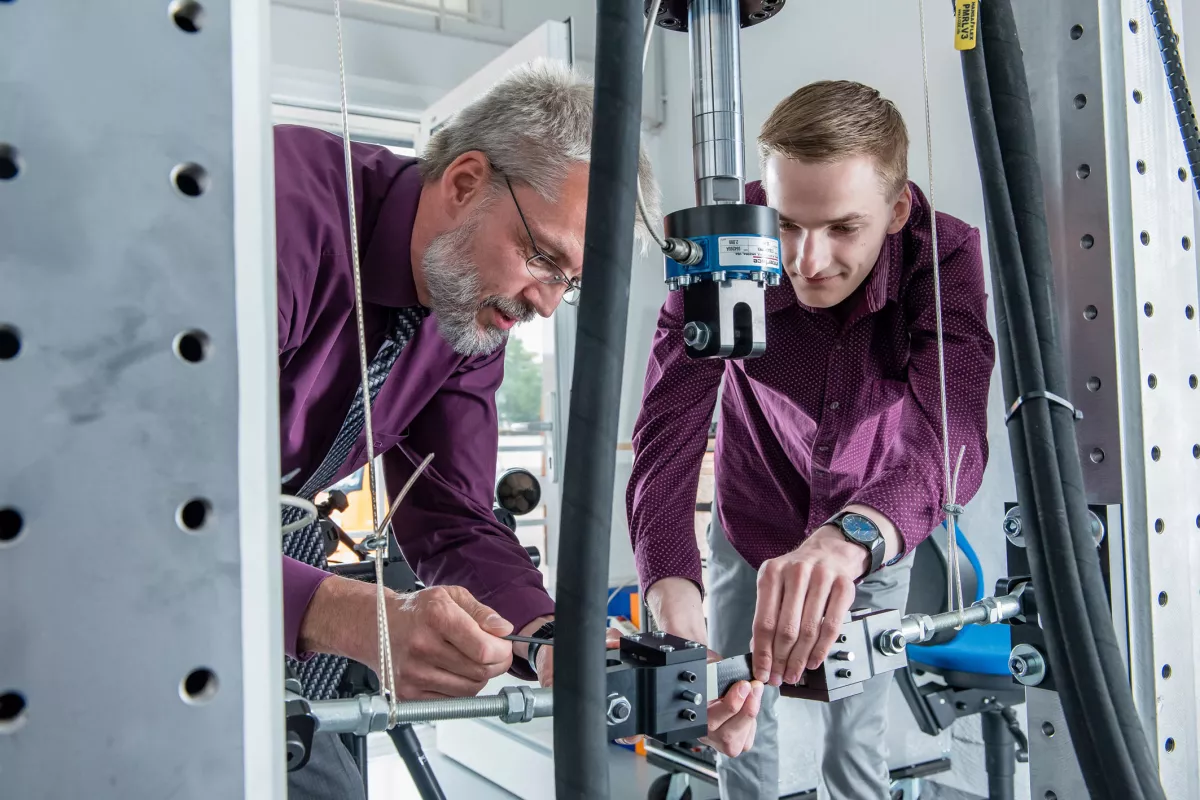Locations
You can study the programme M.Sc. UX Design & Management at the following locations:
Description of the programme
Have you ever been triggered by poor user experience? Or when you install a program and it does not work the way it should? The reviews in the App Store, Play Store, etc. talk about missing or confusing functions, but there are also a lot of satisfied customers that find the app to be a lifesaver.
One of the goals of the ‘UX Design & Management‘ programme is to ensure that your program or app makes it into the group of satisfied customers. You will also learn how to develop a business model that is sustainable in the digital world, as well as other topics that will help you create a successful business model. You will be learning all of this and more by putting theory into practice and working on your own projects.
Why enrolling in this programme?
The master's programme lasts three semesters, in which you acquire the skills to work in companies in the area of user experience, but to also be a product owner or strategic planner in similar fields.
You will gain practical knowledge through numerous projects and case studies in each semester. In preparation for the job market, you will not only acquire the needed theoretical knowledge in the field of UX design, but you will also acquire important skills to help you apply this knowledge to practice and learn how to use the relevant tools.
In addition, you will be able to oversee projects with different frameworks and work with others to come to a successful product.
A scientific-theoretical orientation of the master's programme is shown in the examination of current research statuses in the lectures, as well as in the preparation of scientific papers.
With the Master of Science in User Experience & Design, you will qualify to work in companies, organisations and start-ups as a UX designer, product owner, innovation manager, UX engineer, UX researcher, UX strategist, UX manager, product manager, strategic planner or digital information officer/manager (DIO/DIM).
Accreditations & awards
The PFH holds accreditation from relevant accreditation bodies, ensuring the quality and standards of its programmes and operations.
To obtain accreditation, PFH undergoes a comprehensive evaluation that includes factors such as faculty qualifications, curriculum relevance, student support services, infrastructure, research activities and adherence to ethical standards. Accreditation agencies review these aspects to determine whether the university meets the established benchmarks for quality education.
For instance, in Germany, where PFH is based, universities are accredited by the respective state ministries of science and education. These ministries assess and monitor the quality and standards of higher education institutions in their jurisdiction.
Prospective students can inquire with PFH directly to learn more about its specific accreditation details, the accrediting bodies involved and the recognition it holds within the higher education community.






